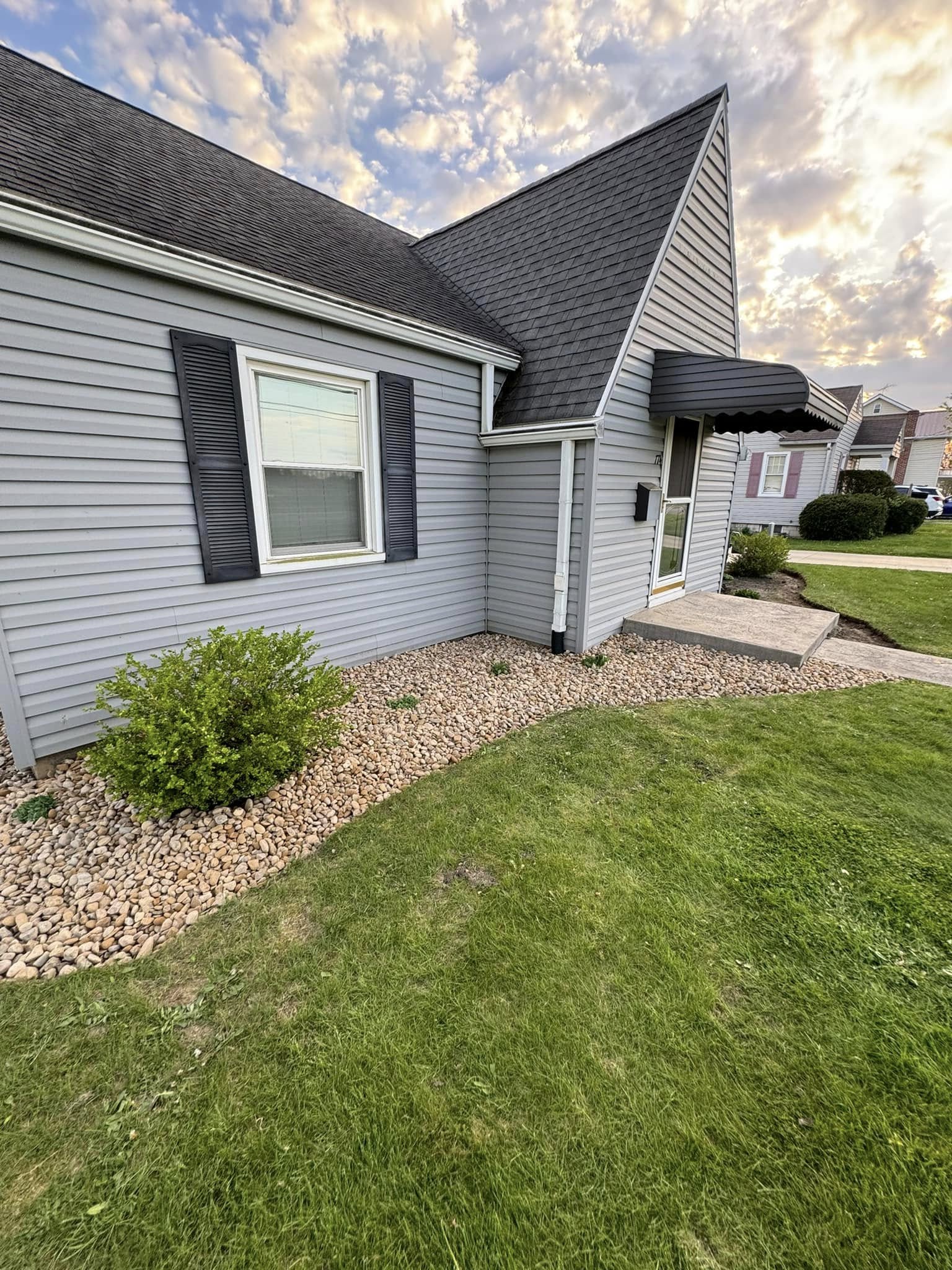
Sustainable Landscaping: Eco-Friendly Practices for a Greener Tomorrow Nov 08, 2025
Sustainable landscaping begins with mindful planning, a crucial step toward reducing the carbon footprint of any gardening project. At McKenzie's Landscaping, we recommend assessing your existing space to identify elements that can be repurposed or naturally integrated into new designs. This might involve retaining mature trees and shrubs, which provide shade and habitats, rather than starting from scratch. Additionally, utilizing native plants that are adapted to local conditions reduces the need for excessive watering, fertilizers, and pest control, making them a sustainable choice.
Water conservation is another vital component of eco-friendly landscaping. Traditional lawns demand significant water resources, especially in dry climates. Opting for drought-resistant grass varieties, or even replacing grass with alternatives such as groundcovers, decorative rocks, or mulches, can dramatically decrease water usage. Installing a smart irrigation system is also an effective way to minimize water waste. These systems can be programmed to deliver the right amount of water at the optimal times of day, preventing overwatering and evaporation.
The use of organic materials is another cornerstone of sustainable landscaping. Chemical pesticides and fertilizers can deteriorate soil health and harm beneficial organisms. Instead, integrating compost into your garden improves soil fertility and structure, encourages beneficial microorganisms, and helps retain moisture. McKenzie's Landscaping encourages the practice of mulching, which not only enriches soil quality but also suppresses weeds and reduces the need for chemical interventions.
Implementing eco-friendly lawn care practices can further enhance sustainability. Regular lawn maintenance should include mowing with sharp blades, which ensures clean cuts and reduces plant stress. Set your mower to a higher cutting height to promote deeper root growth, which helps lawns endure drought conditions with minimal irrigation. Furthermore, leaving grass clippings on the lawn to decompose provides natural nutrients, reducing the need for synthetic fertilizers.
Sustainable landscaping isn't just about plants—it also involves supporting local wildlife. By creating habitats for native species, homeowners can foster biodiversity. Consider adding birdhouses, bat boxes, or bee hotels to encourage these animals, which play essential roles in pest control and pollination. Incorporating a diverse range of plant species also ensures a resilient garden that can withstand pests and diseases without heavy chemical usage.
In conclusion, sustainable landscaping presents a viable pathway toward preserving our environment while simultaneously enjoying the beauty of nature. By integrating practices such as water conservation, the use of organic materials, eco-friendly lawn care, and habitat creation, McKenzie's Landscaping customers can take meaningful steps toward a more sustainable future. These efforts not only reduce environmental impact but also result in cost savings and a healthier, more resilient landscape. Whether you are starting a new project or looking to modify an existing space, embracing eco-friendly practices ensures that your outdoor environment thrives in harmony with nature for years to come.
/filters:no_upscale()/filters:format(webp)/media/c1ac1d2b-5266-4dc0-8786-f32043e6b7d2.jpeg)
/filters:no_upscale()/filters:format(webp)/media/230704d6-5123-4870-9ff5-40f0e093a373.jpeg)